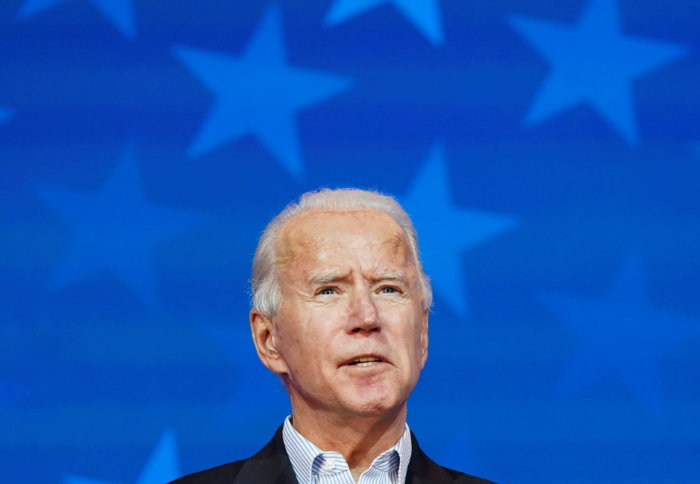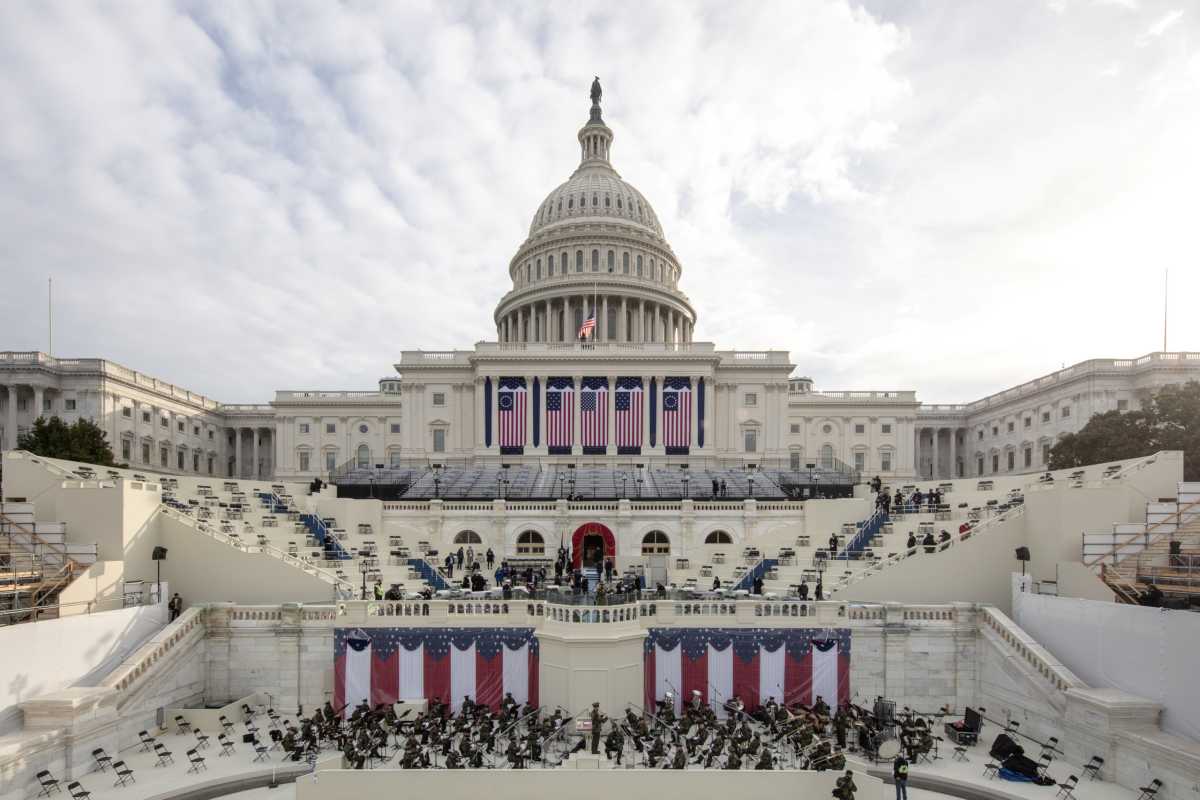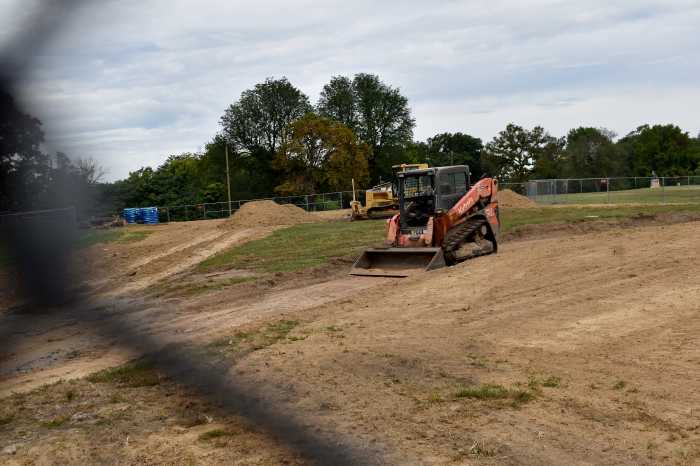By Dmitry Belyaev, MWN
Joe Biden will be inaugurated on Jan. 20, becoming the 46th President of the United States. Tensions are mounting ahead of the big event that will start a new stage in the country’s politics. Security threats are also building up, as the FBI warned of armed protests in all 50 states by right-wing extremists following the Jan. 6 Capitol Hill riot in which five people died, including a police officer. But following the ceremony, the U.S. should become a calmer nation, according to experts.
“There will not be a constant barrage of tweets from the White House at all hours of the day, every day. Instead, we will see images of the president and the administration hard at work on the problems of the nation,” Fletcher McClellan, professor of political science at Elizabethtown College in Pennsylvania, explained to Metro. “There will be a singular focus on controlling COVID-19 through proper masking, distancing, and safe but rapid administration of coronavirus vaccines. Biden believes that the economy and social issues cannot be fully addressed until the virus is controlled.”
The pandemic is likely to be brought under control in the U.S. by the middle of this year as a result of mass vaccination. This would probably lead to economic recovery and boost Biden’s approval. But conflicts with Russia, Iran, and North Korea, tensions with China, and wars in Ukraine and Syria, are likely to remain at the top of the foreign policy agenda in the U.S.

“Confrontation with China will continue, but Biden will probe for areas of agreement such as slowing the pace of climate change. There will be greater attention to Latin America, especially to stem the flow of immigrants into the U.S. Big decisions will need to be made in the Middle East, where policy has shifted strongly against Iran, despite its efforts to develop nuclear weapons,” McClellan explained.
Biden is also expected to repair relationships with traditional U.S. allies in the West, strengthen NATO, rejoin the Paris Climate Accord, and support international efforts such as the World Health Organization.
According to Ivan Katchanovski, a political scientist at the University of Ottawa in Canada, some of his electoral promises, such as joining the Paris Agreement on climate change, can be easily fulfilled.
“But many promises would be tough to implement. Many other his campaign promises would be simply abandoned by Biden like it is already happening with promises that he made in order to win the backing of Bernie Sanders and Elizabeth Warren and their supporters on the left-wing of the Democratic Party,” he said.
In any case, Biden is expected to bring more stability to U.S. policy, “even when the policy is bad,” Ivan Eland, senior fellow and director of the Center on Peace & Liberty at The Independent Institute, stated.
“Trump was very erratic. For better or worse, Biden probably will be more competent in getting his policies enacted by Congress. He will probably be less personally corrupt than Trump,” he concluded.
An expert analysis: What to expect from Joe Biden
Ivan Eland, senior fellow and director of the Center on Peace & Liberty at The Independent Institute, talks to Metro.
What will change in the U.S. after Biden’s inauguration?
Biden will take a more active approach to major issues affecting the United States. The efficacy of federal government activism will be debated. Biden will be more activist in combating the COVID pandemic. He will also be more activist in pushing back against Russian computer hacking.
What will change in the world?
Unfortunately, in some respects, Trump’s less active foreign policy was better than Biden’s likely more active one. However, Trump adopted rash rhetoric or policy against North Korea (initially), Venezuela (likely supporting a coup attempt), and especially Iran (trashing the Iran nuclear deal and assassinating Iran’s number two leader). Biden will likely be more deliberate in his policy toward such nations and others. However, Biden was not as interventionist as others in the Obama administration; he was for restraint in Iraq and Afghanistan.
Is Biden expected to follow Obama’s course?
Many of his appointees served in the Obama administration. Thus, some policy continuity will occur. However, in foreign policy, the most interventionist people so far have not obtained foreign policy positions – such as, Susan Rice, Samantha Power, and Michelle Fluornoy. This could indicate some restraint by Biden.
How different will Biden’s presidency be in comparison to Trump’s?
Starkly different. Biden loves policy, whereas Trump hated it. Trump was erratic and impulsive, whereas Biden is measured and deliberative. Biden is somewhat more interventionist than Trump.
Will Joe Biden fulfill his campaign promises?
I think he will focus on battling the pandemic, climate change, the economic recession induced by the pandemic, and health care. These were covered in his promises.
The Keys:
• Donald Trump, who continued to dispute the legitimacy of the November election without proof but committed to an “orderly transition” of power, will not attend the ceremony – the first time a losing incumbent will do so since Andrew Johnson skipped the 1869 inauguration of Ulysses S. Grant.
• A week before the ceremony, on Jan. 13, Trump became the first U.S. leader to be impeached twice. The House has voted 232-197 to impeach him on the charge of incitement of insurrection, after the president incited a violent mob to storm the Capitol.
• “Donald Trump will attempt to lead the opposition to Biden, but he may be blamed for Republicans losing control of the Senate. Furthermore, he has big problems of his own, including massive debt and legal exposure,” Fletcher McClellan, professor of political science at Elizabethtown College in Pennsylvania, commented.





























